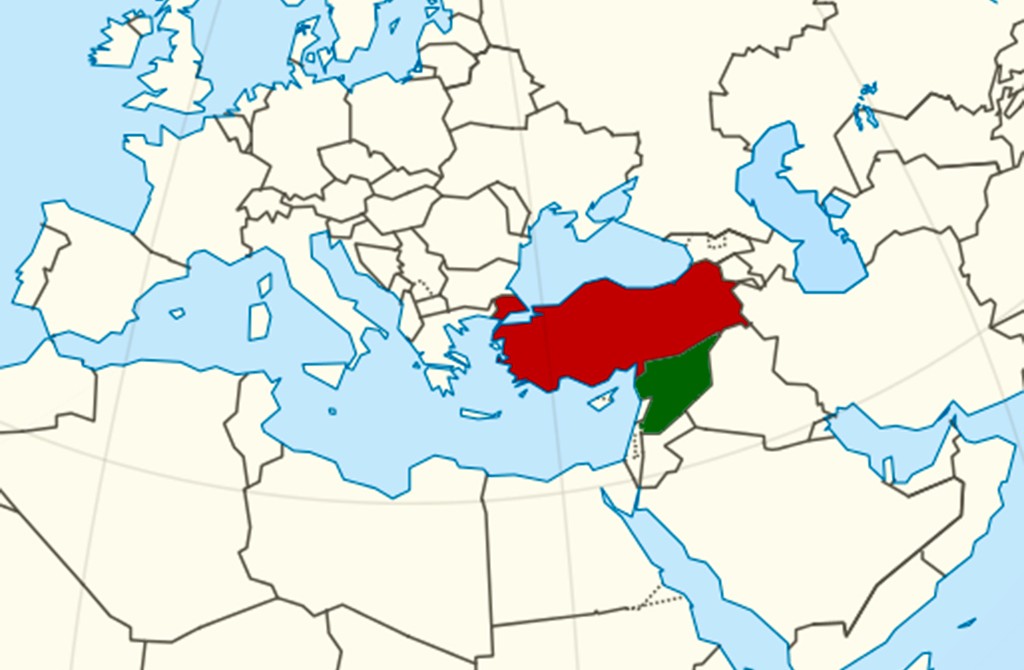That proposal was the strongest sign of Turkey's determination to do the necessary thing to end the civil war next door. Interestingly enough, Trump's men have simply ignored the Turkish proposal, which is akin to the Obama administration's 2013 request from the Turks. Since the Euphrates Shield and Olive Branch operations, Turkey established that it is able and willing to stabilize northeastern Syria after the YPG's eradication. By extension, the United States could facilitate a lasting solution to the Syrian crisis by coordinating its actions with the Turks. In a nutshell, the only way to counterbalance the Russian, Iranian and regime influences over Syria is for Trump and Erdoğan to work together.
It was Obama leftovers that blocked a Turkish proposal to liberate Raqqa, the so-called caliphate's capital, in cooperation with the United States. This time around, Trump's own team is undermining their boss in an attempt to protect the YPG militants and address the Israeli and Gulf concern over Turkey's growing power. It would appear that they have more tricks up their sleeves.
The opponents of coordinating the U.S. withdrawal with Turkey present two alternatives: First, they say that Washington could hand over areas that it seeks to vacate to Arab forces, backed by Egypt and the Gulf states. That plan is flawed because there is no one to implement it. Weakened by the disastrous war in Yemen and the murder of journalist Jamal Khashoggi, Saudi Arabia has nothing to offer but money. If the U.S. walks down this path, Iranian militias and regime forces will fill the power vacuum.
Others maintain that the administration must negotiate the terms of the U.S. withdrawal with the Russians. Although Moscow would certainly welcome that move, Iranian militias and regime forces would end up filling the power vacuum again. In other words, the Americans would give the YPG, which it armed as part of a self-described "temporary" engagement, to the Kremlin and Bashar Assad. Contrary to conventional wisdom, Turkey and Russia could reach an agreement on the YPG's fate. Here's what Bolton, Pompeo and Jeffrey need to understand: Unless coordinated with Turkey, the U.S. withdrawal will create new opportunities for Iran, leaving the Middle East under Russian influence. In the end, all regional powers, including Israel, would turn to Moscow for direction.
It remains unclear how the Trump administration would explain to the American people its decision to hand over Syria and the rest of the region to Russia. At this point, Turkey's plan for Syria is the only workable plan. For the next couple of months, negotiations between Washington and Ankara could be bumpy due to the obstinacy of all the president's men. Regardless, Erdoğan and Trump could make the Turkish plan work against all odds.
[Daily Sabah, 12 January 2019]







